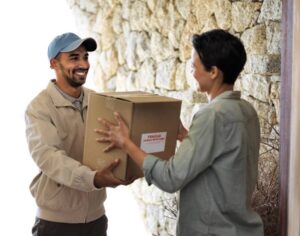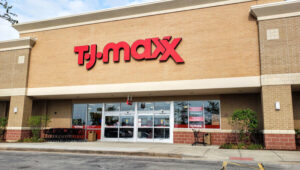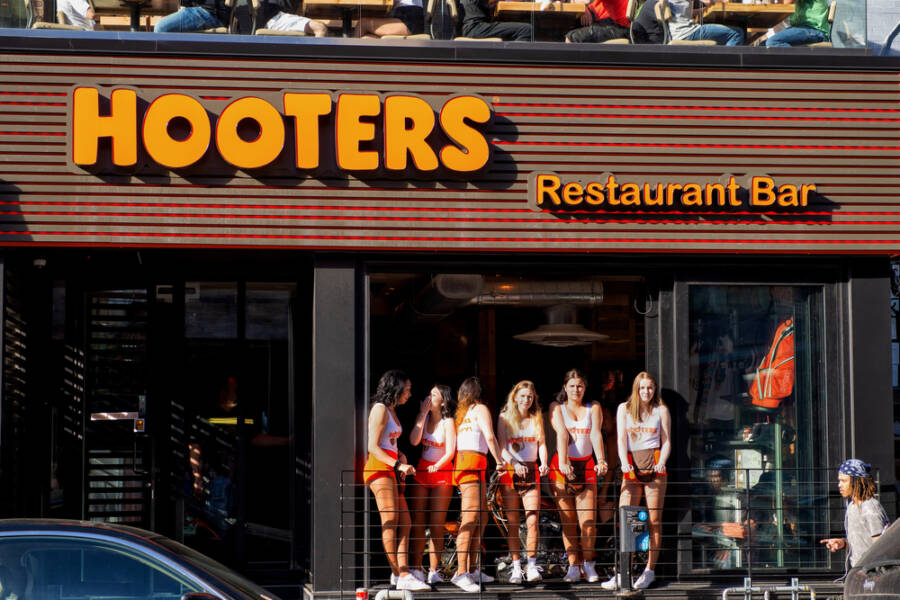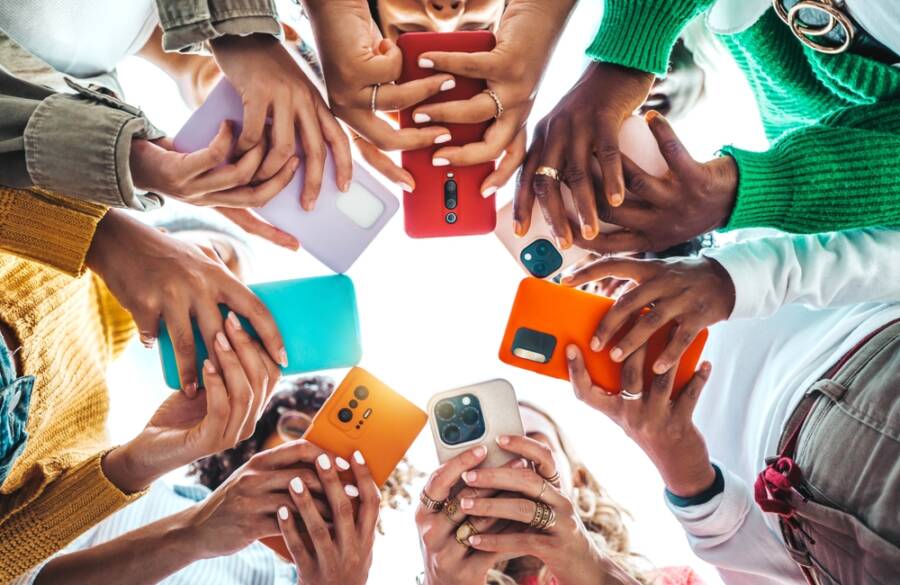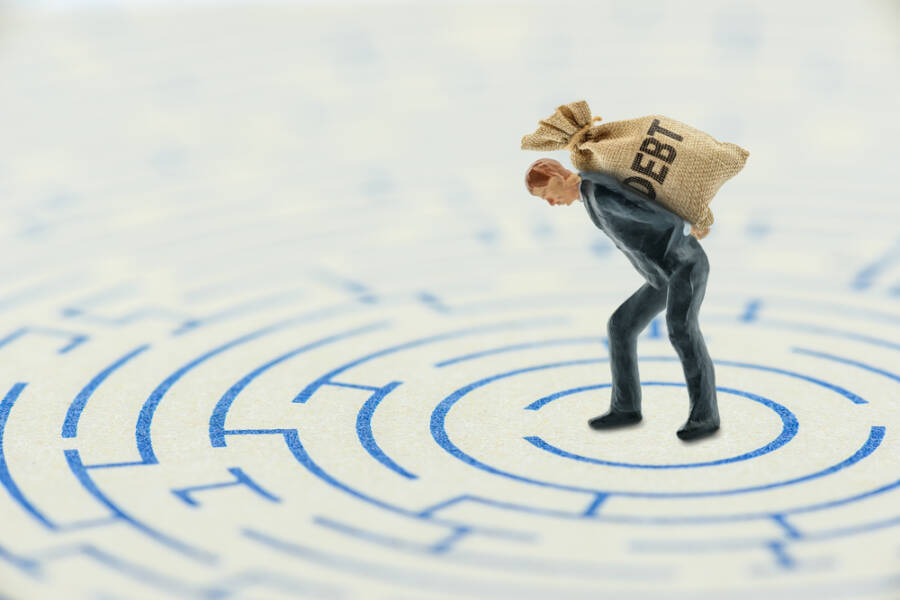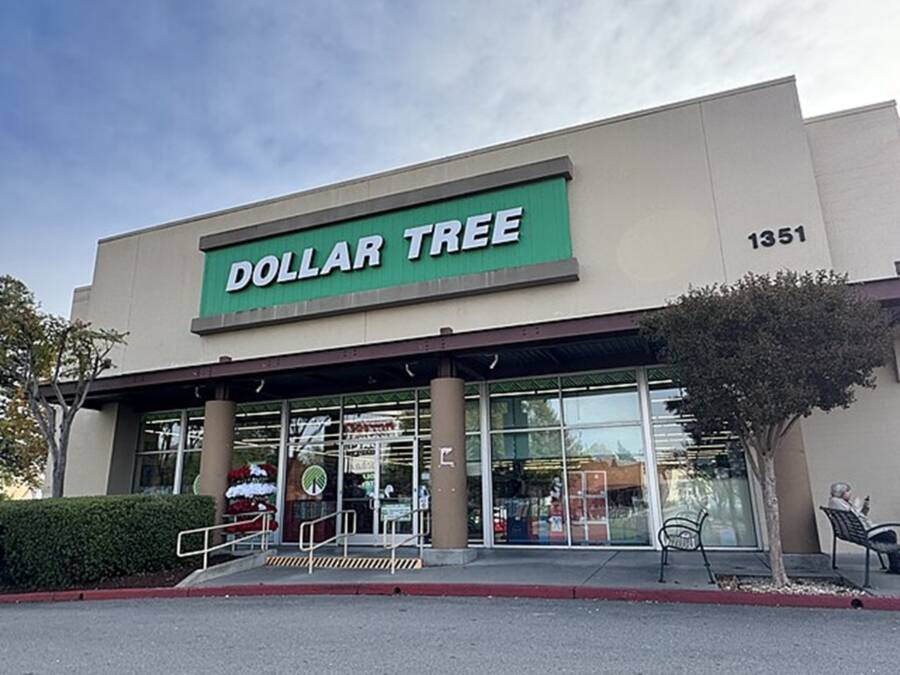Why is it better to pay everything in cash?
In a fast-paced world where technology evolves in the blink of an eye, it’s easy to pull out the card to pay for your stuff. Counting money and waiting for change takes forever, especially if there’s a huge line of annoyed people behind you.
And I think we started developing this habit during the pandemic years when we were told that handling cash isn’t exactly safe. Although the opportunity to establish credit, the ease of making purchases online, and the possibility to earn significant incentives for your spending are just a few advantages of using credit cards and digital payment methods for most transactions, if you are a frugal person it’s still better to pay everything in cash.
Why? Let’s discover together by reading the following lines of our article.

It’s easier to stick to a budget
If you’re a dedicated reader of our stories on Frugal Americans, then you already know that our primary goal is to help people become more conscious of their spending, improve their budgeting skills, and still enjoy the little pleasures in life without fretting about the future.
It’s almost hard to spend more than you have when you pay with actual cash rather than with your credit card. The traditional cash-stuffing technique, which involves setting aside money in envelopes for particular expenses, can be the key for those who struggle to stay on a budget.
Consider using cash as a spending-control strategy to avoid overspending. Think about the number of items you need to buy from the grocery store, then make a list and bring some extra cash, just a tiny bit above the budget in case one or two items have bigger prices than expected.
Say goodbye to debts
Getting into debt might be simple, but getting out of it can be more difficult. If you don’t pay off your bills each month, you’re not only spending more for items overall over time, but you’re also accruing additional debt.
But the good news is if you pay everything with cash, you will forget what debt is, and that’s more than awesome in these times.
Avoiding additional fees
When you pay with cash alone, you avoid the extra fees that often come with using credit cards, even if the cost of the item or service may be the same whether you pay with cash or credit.
You will probably be charged interest, which is a monthly percentage that is applied to the amount you borrow from a creditor if you don’t pay off a credit card transaction within 30 days. Furthermore, there are some fees you will successfully avoid if you pay everything in cash, and some of the worst are:
Late Payment Fee: If you use credit and don’t pay it off right away, you may be charged a late payment fee that begins at $15 and goes up very quickly.
Balance transfer fee: When you transfer debt from one credit card to another, you will be charged a balance transfer fee. Each transfer may incur this cost, which often has a minimum amount attached. It can range from 3 to 5%.
Annual fees: Depending on the credit card, this cost might go from $95 to $500 annually. Most of the time, this cost will be recurring, or it will only happen once within the first year of using the credit card.
Full privacy
As a frugal person who likes to pay everything in cash, I can honestly say that this is the best perk of this so-called “challenge.” If you are worried about theft or hacking, paying with cash can soothe this concern since cash transactions are not traceable, protecting your privacy.
Worried about online shopping transactions? Choose to pay in cash upon delivery.
Not every shop accepts credit cards
This may have come up as shocking, yet it is not. Not every store or vendor accepts payment with credit cards. Small businesses, thrift shops, or farmer’s markets usually don’t accept credit transactions because it’s too complicated for them, plus they don’t want to incur the associated fees required to process the transactions. And it’s understandable!
Furthermore, you might have to use cash if you travel abroad. Since cash is still widely used in many nations, including Japan and any other country from Europe, not all credit cards, especially American Express, are accepted.
Plus, in many cases, it’s cheaper to convert dollars into euros rather than pay with a credit card, as the conversion may be more expensive.
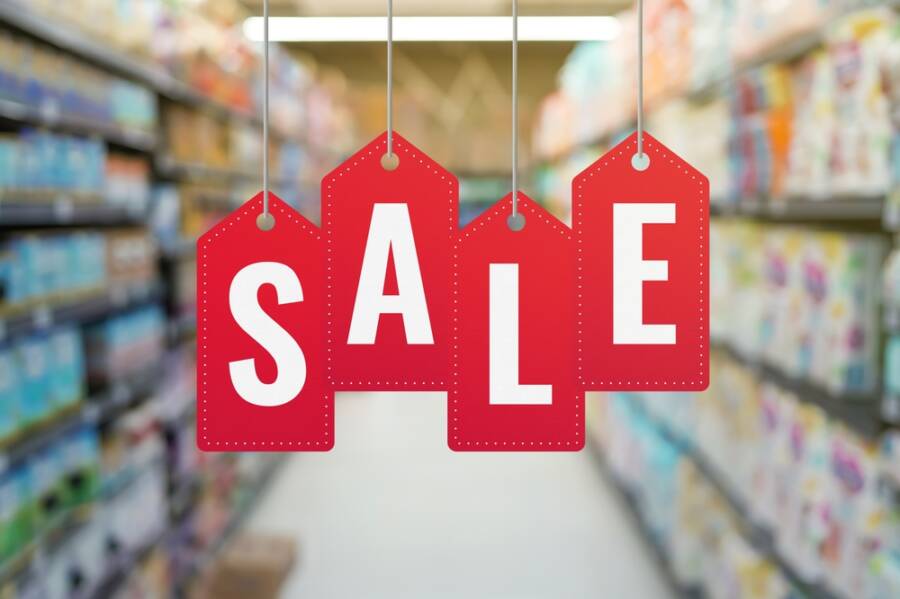
You can score great deals by paying with cash
For each transaction, the majority of retailers are required to pay a charge (usually between 1.5% and 3%). However, if you decide to pay in cash, retailers might give you a discount that lowers the cost of items. Isn’t it great?
Keep these lines in mind next time you’re heading to the supermarket. Your wallet will thank you later on!
Freedom to pay in case the card system is down
Picture this: one day you wake up, and while you’re getting ready to go to work, you hear the news and announce that the card system is down, and until further notice, people can pay everything in cash only. Bummer! What do you do? If you are a thrifty person, you are already prepared because you have plenty of cash on hand.
Do you want to try this “cash-only payments” method soon, but need motivation? I recommend purchasing this wooden box with three compartments for saving, spending, and giving. This will help you better organize your money, as the box is transparent and allows you to see your funds.
Additionally, it provides an opportunity to teach your children or grandchildren how to spend money wisely. It’s available on Amazon for $21.99.
Tipping service (like waitresses or baristas) directly
Because I used to work in a pub back in the day, I know the struggle of not being tipped. Salaries in Horeca aren’t that big, and any tip for great service from grateful customers meant a lot.
That’s why, no matter how frugal I am trying to be now with this inflation going on, I always tip service workers directly. I prefer tipping with cash because when tipping employees such as waiters and drivers with credit cards or apps, it’s not always clear if the full payment reaches them.
Speed
One further advantage of cash over cards—one that is evolving due to technological advancements—is its faster speed. You have to enter the PIN on the card and wait for permission, depending on the quantity of money and the institutions’ security measures.
Looking for more FREE advice regarding budgeting techniques? Then check out this article 11 Genius Coupon Hacks for Major Grocery Discounts.
For the most part, you should use cash to stick to your budget and maintain a positive balance. However, you might opt to use your debit card for some regular expenses or payments because there is nothing wrong with that plus is absolutely legal too.
Since I am not all in for cash payments, I will also outline a few drawbacks of exclusively using cash.
Negative aspects of living off cash:
If you lose your cash it can’t be recovered (plus you will be a target for thieves)
One of the drawbacks of using cash is that, if you’re devoted to the cash envelope method, you’ll constantly be carrying cash, sometimes a lot of it, especially after payday. And that means that you will be a direct target for thieves. You never know who sees you pull out the envelope to take out or put cash in it.
Furthermore, be also mindful of where you keep money in your home, especially if we’re talking about a serious amount. Robbing can happen in the house too since many thieves can follow you home and learn your habits if they really want to.
Installing a safe on a built-in shelf or somewhere hidden from the eye may be a good idea and don’t forget to choose a strong password for it!
This is the worst-case scenario, but if you get robbed, there are slim chances you will recover the money you lost. On the other hand, if you lose your credit card, you can easily go to the bank and ask them to cancel it, and they can help you recover your money.
You won’t be able to build up a credit history
Those who use credit cards and make regular payments will create a borrowing pattern, which will help them raise their credit score. If you exclusively use cash, you won’t have the chance to establish a credit history, which might make it more difficult for you to get credit later on.

Beforehand reservations at hotels won’t be possible
Booking or AirBnB usually requires a card if you want to book a room, no matter the country. This is mostly because of security measures in case something happens to the room while you’re accommodating, and afterward, they will be able to recover the expenses needed for the reparations. For that, you have to make sure you have at least $300-400 on your credit card or debit card.
Issues with traceability and records
Yes, I know what I said earlier in the article: paying in cash exclusively helps you save more money. It’s still applicable. Yet anyone who depends on comprehensive financial records for the tax season, credit history, or cost monitoring may find this lack of traceability to be a bit problematic.
Bad or not, technology can be very helpful, especially in this case because manual record-keeping is a bit more problematic and prone to mistakes compared to automated record-keeping, which basically does the whole work.
Money carries germs
This is 100% no matter if we’re still in a pandemic or not because we are aware that money is often changing hands and can carry a variety of viruses and germs. Yet, it’s still debatable whether money is dirtier than our smartphones or not. I tend to disagree, oh well!
Zero conveniences when it comes to international transactions
Are you planning on making an international transaction with cash? Forget about it because it isn’t a good idea at all. The trouble of transporting large amounts of money across borders is one of its drawbacks, especially if after the currency there will be a huge volume of physical cash. Better stick to the debit card for this one!
No accessible card rewards
Paying with cash is nice and all until it isn’t anymore especially because you can miss most of the rewards a credit card can offer. Cashback, extended warranties, free rental vehicle insurance, or free accommodations are just a few of the perks of using credit cards.
Even for those who do not accrue debt, using a credit card sometimes results in unexpected overspending of several hundred dollars each month. Therefore, think about your options and decide if credit cards are good for you or not. If not you can always choose a debit card program that helps you track your spending.
Paying with cash may be impractical
Not good at math? Then paying in cash isn’t exactly the best approach. If you decide to pay with your card, no matter if it’s a debit or a credit one, you won’t have to worry about whether you did the math right in your head or if the cashier gave you the wrong change.
Just flip the card, and voila, the payment is done! Plus, you will also skip having a bulky wallet in your bag and switch to a slimmer one.
It’s difficult to pay for various emergencies with cash
If you only have cash on you, you might face difficulties in emergencies where cash is not accepted. This applies in case you’re abroad or if you must spend a significant amount of money.
Let’s say that your car broke down while you were traveling and you needed $3,000 to replace the gearbox so you could get home, what would you do if you had only cash and no card available?
Bottom line
I don’t know about you, but following a cash-only method for two months straight completely changed my view on spending. And I think this is a great thing because since the inflation started to be so harsh, it was a challenge for me and my family to save money.
You might consider using the envelope budgeting method to keep funds separate for different categories. I started doing this too, and guess what? It helped me save a lot of money during the year. And I am not even kidding or doing this for the sake of marketing.
Calculate how much you want to spend in each category and divide your money accordingly. Then, only spend money from each envelope until it is empty. For variable costs, such as groceries and eating out, which fluctuate notably each month based on your spending patterns, envelope budgeting is the most effective method.
You can find envelopes on Amazon made exactly for this purpose, or you can buy separate envelopes for your expenses. Whenever you feel more comfortable. 100 empty and white envelopes, 9-1/2 inches, and with self-sealing cost around $9. On the other hand, the 100 Envelope Challenge Binder is available for $12.
Since there is a huge debate all over the internet regarding this topic, and there are defendants on both sides, I am not going to tell you that you should give up your credit card entirely, but at least try out this method (even for a month) and pay everything in cash to see if it works for you or not.
When selecting a payment option, it’s critical to consider your purchasing patterns. Which choice could be ideal for you can be determined by paying attention to when and how you spend your money.
Whenever possible, pay your bills with cash if you are having trouble making your payments on time or have a significant credit load. Therefore, varying both strategies according to the specific purchase and preferences may be the best course of action.
I hope this article has been helpful, and I hope you will return for another quick read in the future! Until then, don’t forget to be frugal.


